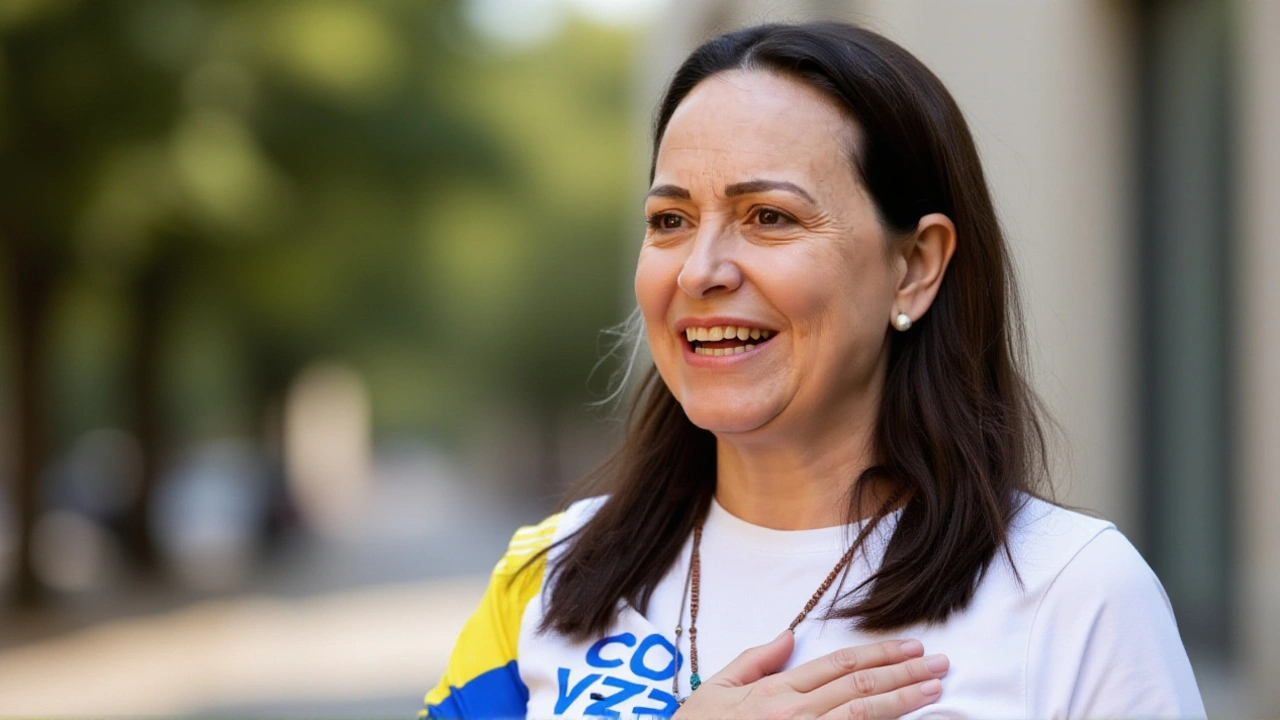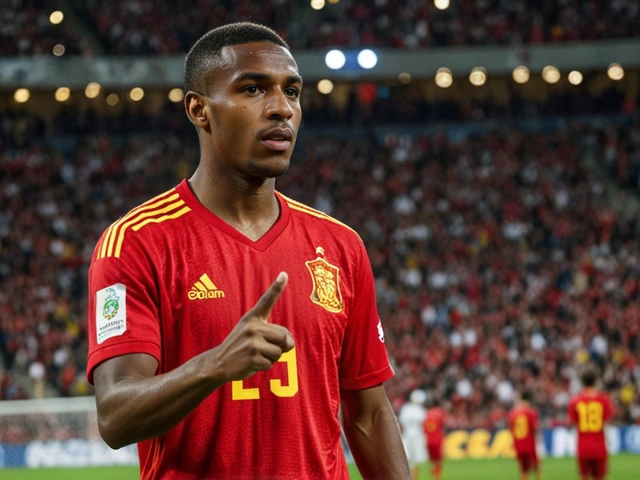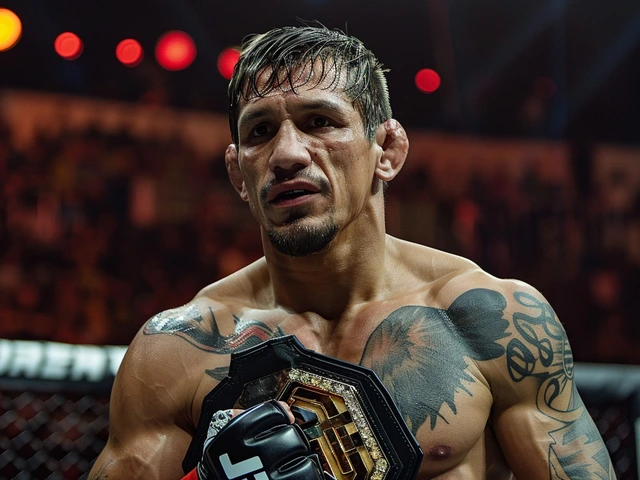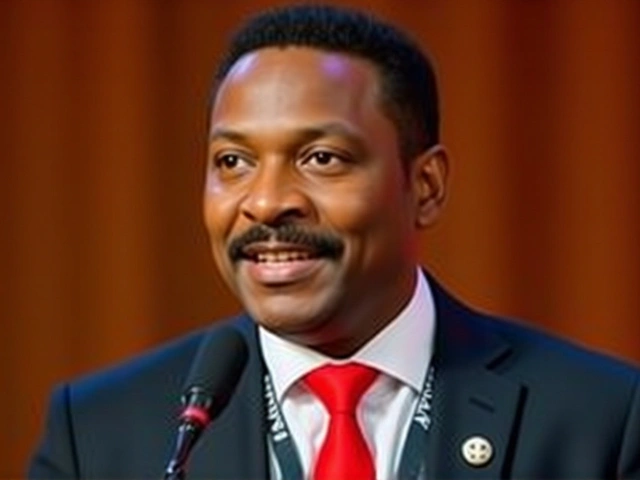Nicolás Maduro
When discussing Nicolás Maduro, the president of Venezuela who has been in power since 2013, leading a socialist government and facing international criticism. Also known as Nicolas Maduro, it represents a pivotal figure in South‑American politics.
His rule is tightly linked to Venezuela, a oil‑rich country battling hyperinflation, shortages and massive emigration. The United States, a major external actor, has imposed layered sanctions, economic and diplomatic measures intended to pressure the Maduro administration. Inside the country, opposition leader Juan Guaidó, who declared himself interim president in 2019, continues to rally international support against Maduro’s government. These entities create a web where "Nicolás Maduro governs Venezuela", "International sanctions pressure Nicolás Maduro", and "Juan Guaidó challenges Nicolás Maduro" form clear semantic connections.
Why the Maduro narrative matters now
Understanding the Maduro saga is useful whether you follow geopolitics or just want to make sense of headlines about oil prices, migration flows, or regional elections. The political crisis has pushed more than five million Venezuelans to flee, reshaping demographics across Latin America. At the same time, oil revenue—once the backbone of the economy—has slumped under mismanagement and U.S. embargoes, leading to a severe economic crisis. These facts illustrate a cause‑and‑effect chain: Maduro’s policies drive the crisis, the crisis fuels migration, and migration pressures neighboring countries.
For readers interested in how external actors influence internal politics, note that the United Nations has repeatedly called for dialogue, while Russia and China have offered diplomatic backing to Maduro. This creates a geopolitical tug‑of‑war where "Venezuela’s alliances affect Maduro’s resilience" and "Global powers shape the sanctions landscape". The interplay between domestic protest movements and foreign pressure is a recurring theme across the stories you’ll see below.
Another angle is the legal battlefield. Venezuelan courts, often seen as extensions of the executive, have dismissed opposition challenges, while foreign courts in the U.S. and EU have pursued asset freezes on officials linked to Maduro. This dual‑track legal environment shows that "Legal actions against Maduro’s allies increase international isolation" and "Domestic legal decisions reinforce Maduro’s grip".
Media coverage also reflects a split narrative. State‑run outlets portray Maduro as a defender against imperialism, whereas independent journalists highlight human‑rights abuses and electoral irregularities. The contrast illustrates that "Media framing influences public perception of Maduro" and underscores the need for balanced sources.
Economic analysts often point to the devaluation of the bolívar, which has lost over 99% of its value since 2013. Inflation rates have topped 1,000,000% at peaks, forcing citizens to rely on black‑market dollars. These numbers prove that "Maduro’s economic policies have accelerated hyperinflation" and show why everyday Venezuelans face daily scarcity.
Socially, the crisis has spurred a rise in community initiatives, from informal food cooperatives to diaspora NGOs sending aid back home. These grassroots responses demonstrate that "Citizen resilience counteracts governmental failure" and provide a hopeful counterbalance to the bleak macro‑level picture.
All these threads—political, economic, legal, media, and social—intertwine to form a complex portrait of Nicolás Maduro’s Venezuela. Below you’ll find a curated selection of articles that dive deeper into each aspect, from sanctions updates to on‑the‑ground reports of Venezuelan migrants. Use this overview as a map to navigate the diverse stories that follow.

Venezuelan Opposition Leader María Corina Machado Wins 2025 Nobel Peace Prize
María Corina Machado, famed Venezuelan opposition leader, wins the 2025 Nobel Peace Prize, spotlighting the country's fight for democracy.
Categories
- Sports (146)
- Politics (22)
- Entertainment (20)
- World (15)
- News (10)
- Lifestyle (8)
- Business (6)
- Technology (3)
- Health (3)
- Environment (2)



